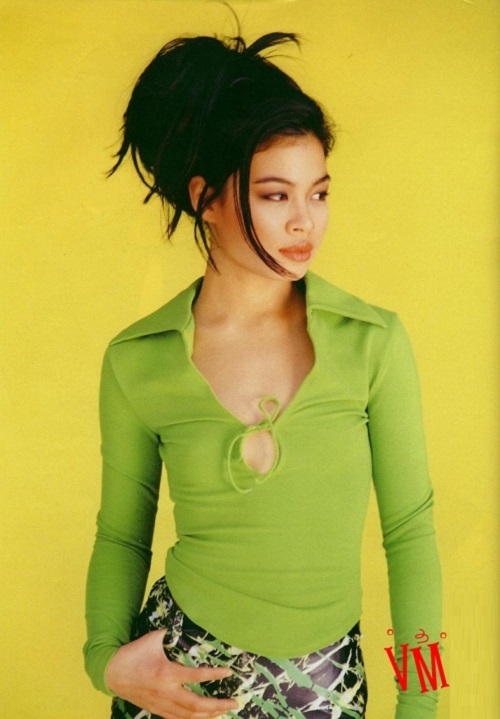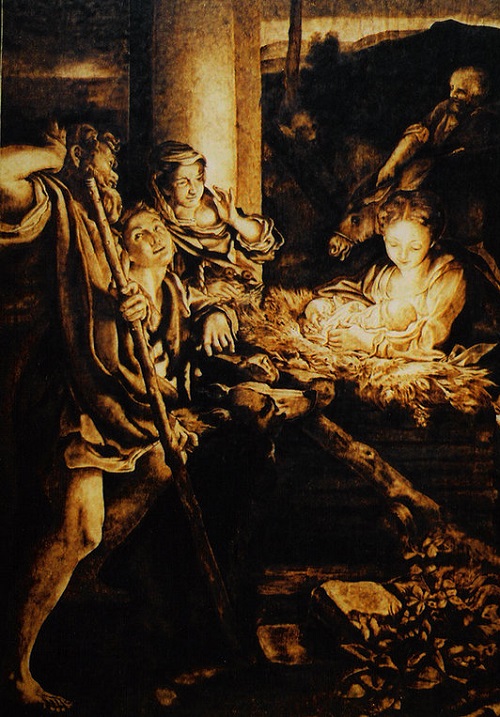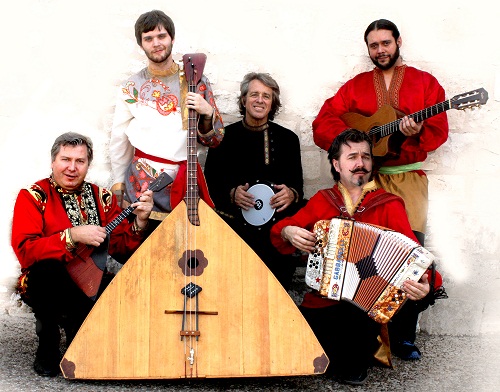Differences between Viola and Violin
Differences between Viola and Violin
“As the greatest expert and judge of harmony, he liked best to play the viola, with appropriate loudness and softness.” – C.P.E. Bach on J.S. Bach. If you want to know the difference between viola and violin, then watch these videos and enjoy viola sounds.
If you are watching an orchestra concert, one way to distinguish the violins and violas is by the seating arrangement. In most orchestras, the first violins sit to the conductor’s left, with the concert master in the chair on the edge of the stage and closest to the conductor. Generally, the section extends from the conductor back towards the wings. Farther in on the stage beyond the first violins, sit the second violins. To the conductor’s right sit the violoncellos, or cellos. And between the cellos and the second violins, you will find the violas, often directly in front of the conductor in about the center of the stage.

Both members of the string family, look and sound similar to many people, who wonder how they can be told apart. There are several cues you can use to distinguish them.
The body of violas is larger than that of violins. Violins have a standard length of 35.5 centimeters (about 14 inches), while the length of violas, although not standardized, is always larger. Violas may range from 38 to 48+ centimeters (about 15 inches to nearly 19 inches or more). But, interestingly, viola bows are about 1 centimeter (.39 inches) shorter than violin bows.
In fact, Bach and Mozart wrote some of the most important early work for the viola. Bach’s Brandenburg Concertos features extensive viola harmony.  Mozart’s string quintets, featuring two violins, a viola, and a cello, are excellent challenges for violists.
Mozart’s string quintets, featuring two violins, a viola, and a cello, are excellent challenges for violists.
The bigger size and heavier strings give it a deeper, richer sound. It’s operated more or less the same way, but the viola being bigger and having a different range means that viola playing is a specialty different from violin playing.
There are not less than 70 viola societies all over the world, I know that in the USA there are 60 of them.
Twas battered and scarred, and the auctioneer
thought it scarcely worth his while
To waste much time on the old violin,
But held it up with a smile.
“What am I bidden, good folks,” he cried,
“Who’ll start the bidding for me?
A dollar, a dollar, then, two! Only two?
Two dollars, and who’ll make it three?
Three dollars, once; three dollars, twice;
Going for three . . .”
But no,
From the room, far back, a grey-haired man
Came forward and picked up the bow;
Then, wiping the dust from the old violin,
And tightening the loose strings,
He played a melody pure and sweet
As a caroling angel sings.
The music ceased, and the auctioneer,
With a voice that was quiet and low, said:
“What am I bid for the old violin?”
And he held it up with the bow.
“A thousand dollars, and who’ll make it two?
“Two thousand! And who’ll make it three?
“Three thousand, once; three thousand, twice;
And going and gone.”said he.
The people cheered, but some of them cried,
“We do not quite understand, what changed its worth?”
Swift came the reply:
“The Touch Of The Master’s Hand.”
And many a man with life out of tune,
And battered and scarred with sin,
Is auctioned cheap to the thoughtless crowd,
Much like the old violin.
A ‘mess of potage,’ a glass of wine;
A game – and he travels on.
He is ‘going’ once, and ‘going’ twice,
He’s ‘going’ and almost ‘gone’.
But the Master comes and the foolish crowd
Never can quite understand
The worth of a soul and the change that’s wrought
By the touch of the Master’s Hand.
by Myra B. Welch (1877-1959)

















